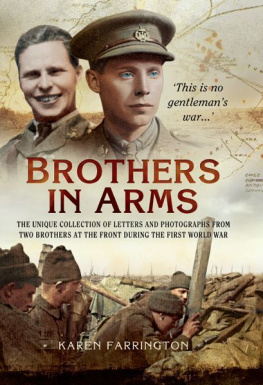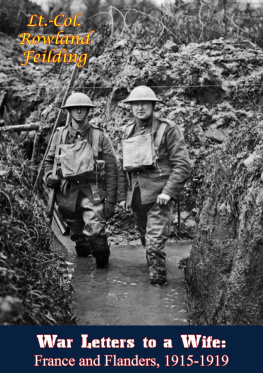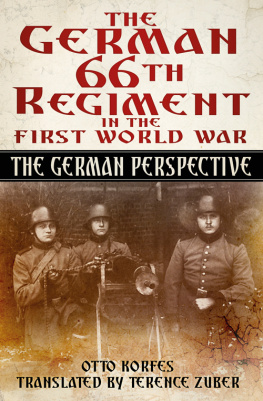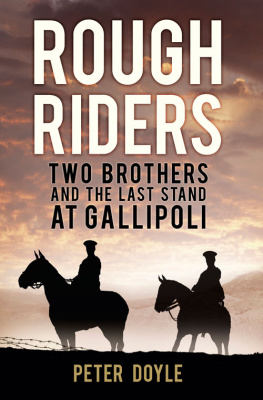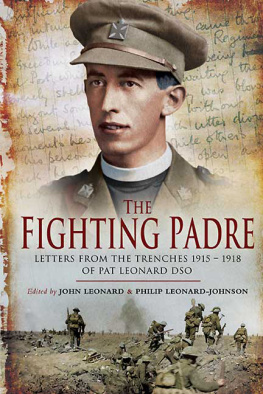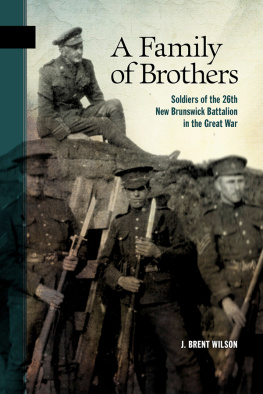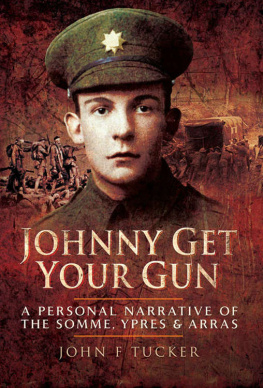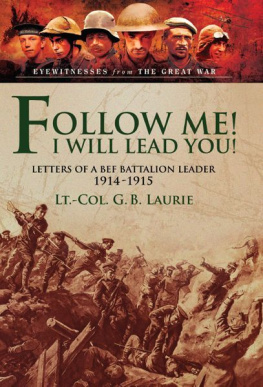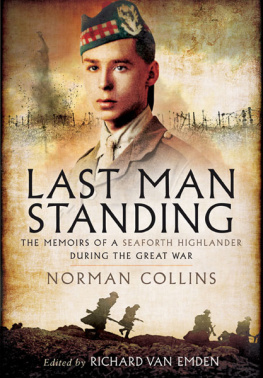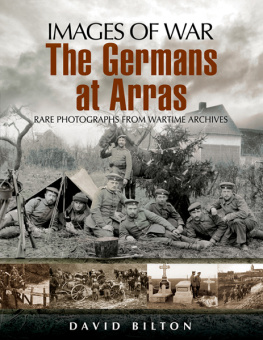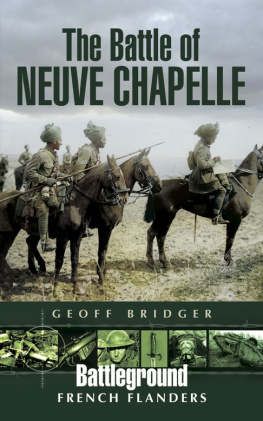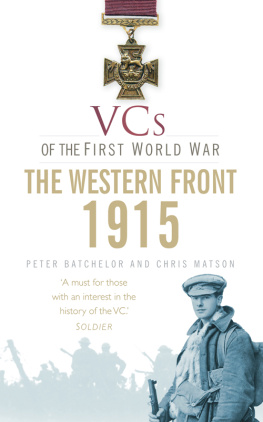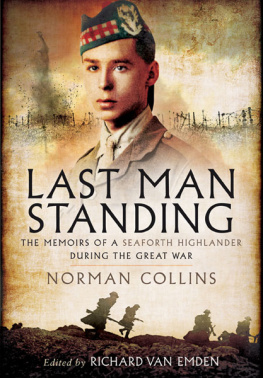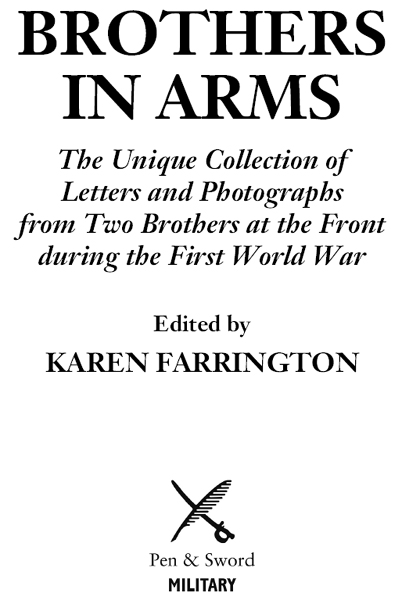
First published in Great Britain in 2015 by
PEN & SWORD MILITARY
An imprint of
Pen & Sword Books Ltd
47 Church Street
Barnsley
South Yorkshire
S70 2AS
Copyright Karen Farrington, 2015
ISBN: 978-1-47382-561-1
EPUB ISBN: 978-1-47385-970-8
PRC ISBN: 978-1-47385-969-2
The right of Karen Farrington to be identified as the author of this work has been
asserted by her in accordance with the Copyright, Designs and Patents Act 1988.
A CIP catalogue record for this book is available from the British Library.
All rights reserved. No part of this book may be reproduced or transmitted in
any form or by any means, electronic or mechanical including photocopying,
recording or by any information storage and retrieval system, without
permission from the Publisher in writing.
Typeset by Concept, Huddersfield, West Yorkshire, HD4 5JL.
Printed and bound in England by CPI Group (UK) Ltd, Croydon CR0 4YY.
Pen & Sword Books Ltd incorporates the imprints of Pen & Sword Archaeology,
Atlas, Aviation, Battleground, Discovery, Family History, History, Maritime,
Military, Naval, Politics, Railways, Select, Social History, Transport, True Crime,
and Claymore Press, Frontline Books, Leo Cooper, Praetorian Press,
Remember When, Seaforth Publishing and Wharncliffe.
For a complete list of Pen & Sword titles please contact
PEN & SWORD BOOKS LIMITED
47 Church Street, Barnsley, South Yorkshire, S70 2AS, England
E-mail:
Website: www.pen-and-sword.co.uk
DEDICATION
This book is based on a handwritten biography by Lieutenant Colonel Robert DArblay Gybbon Monypenny (Robin), his letters from the front, and his compilation of diary entries and letters from his brother, Lieutenant Phillips Gybbon Monypenny MC (Phil) who was killed in action 28 June 1918.
It is dedicated to Phils memory, but also to the millions of young men worldwide who perished in the First World War, including Robins commanders, comrades and the men under his command who died in the trenches, men of whom he speaks so highly in his writings.
Robins grandchildren, Joanna, Tim and Simon, grew up listening to the lighter tales of his past. This book captures the full story of those fateful years between 1914 and 1918.
Contents
List of Plates
Acknowledgements
A special thanks go to Sheila Ford (ne Gybbon Monypenny), Robins daughter, for access to the original letters and photographs. Sheila, and Robins other children, Joy (dec.) and Gerald (dec.), transcribed part of these writings into type or handwritten copies. Sheilas son, Tim, compiled all the writings and many of the images. The family would like to thank Karen Farrington for believing in Robins story and bringing this book to life and Ian Hook, curator of the Essex Regimental Museum.
Introduction
Warfare had been a frequent feature of European life for centuries, but the tempest that erupted in 1914, after leaden clouds brewed for several decades on the continents horizon, took human conflict to a grim new level.
There was wholesale destruction: to regiments, to historic towns, to the dreams and aspirations of a generation, to a way of life. Almost every family across Europe was affected, as loved ones either died or were forever and irretrievably changed. The number of those killed and wounded by the wars end was 37 million. More than a third of the men mobilised in Britain were casualties. The number for France and Russia was closer to three-quarters, while ninety per cent of the men who were enlisted to fight for the Austro-Hungarian Empire perished or were injured.
The Monypennys were just one family among millions to mourn the loss of a promising and vibrant life taken too soon for uncertain gains. With this and other deaths, a glorious future was denied to many, as nations were hobbled by their losses. Letters home from the front, cherished for years by a spinster aunt, give a partial picture of Phillips melancholy war story.
But as one brother died so another came home, a witness to the carnage and the bungled orders, the courage of comrades and the heart-sickening duties shouldered by many and shirked by a few. And it was the legacy of the living, to tell their story to future generations and shine a light in the murky shadows of encounters that remained achingly distant from most peoples daily lives.
Robins letters, also lovingly preserved, were fleshed out by his memories written into numerous exercise books. Although he put pen to paper when he was much older, his recollections of these formative and gruelling years remained pin-sharp. Evidence from regimental diaries kept throughout the conflict chime perfectly with his accounts. Starkly unsentimental and unnervingly clear-eyed, his words are all the more affecting.
A century after the start of the First World War, the story of Phil and Robin Monypenny and their contrasting fates has been brought together, thanks to the letters, the memoir, some staccato entries in a short-lived diary and a few fascinating photos. Each chapter is put into context by an introduction, containing an overview of the war at the time and information hewn from the archives.
Together, these detail-rich literary avenues have made the Monypenny family outstanding for the timely insight now given to subsequent scholars of the war.
* * *
Before the war there was nothing to distinguish the family from thousands of others who emerged from the Edwardian era in the comforting embrace of empire.
Conflict survivor Robert DArblay Gybbon-Monypenny known to his family as Robin was born on 10 October 1892 on the Jinglam Tea Estate in Sikkim, India, in the foothills of the Himalayas. He was the first of six boys.
Long before his arrival, the Monypenny family had been cushioned by considerable wealth. Robins great-grandfather Thomas, who had fought at Waterloo in the West Kent Militia, was MP for Rye in Sussex. However, struggling to pay off debts incurred during an expensive lawsuit, he had to sell one significant family home, Hole House in Rolvenden, Kent. Thomass son Robert (Robins grandfather) was compelled to sell the other, nearby Great Maytham Hall, which would later become the inspiration for Frances Hodgson Burnetts The Secret Garden.
Consequently, with no English estate to call his own, Robins father Herbert became a tea planter in India. Robin returned to England in 1904 and, with brother Rex, was deposited with a maiden aunt when his parents and younger brothers went back to India with their mother, who was known in the family as a daydreamer. Aunt Ethel, aged 43 at the time, was his fathers sister and was by his account a stern and outwardly unaffectionate woman. With her Robin felt deprived of a warm family life. Evidently, however, she was stoical, loyal and generous and it was these qualities that would later unexpectedly nurture Robin and his brothers as they fought in the trenches.
The boys were sent to Bedford School where Robin was resentful and quarrelsome, although he excelled at shooting and boxing. He nearly avoided the First World War altogether. In 1912 he applied for a post with the Indian Police, coming thirty-fifth out of 300 candidates. Unfortunately, the police employed only the top twenty-six. A year later he tried again after spending the year with a crammer in London. This time he was twenty-sixth when they were only accepting the first twenty.
Although he was keen for a role in the Indian Police, like many boys Robin had undertaken army officer training through his school although he didnt go to Sandhurst, where career officers were instructed. Ironically he discovered that an application for the British North Borneo Chartered Company had been successful on the day he joined the British Army after the outbreak of war.
Next page
